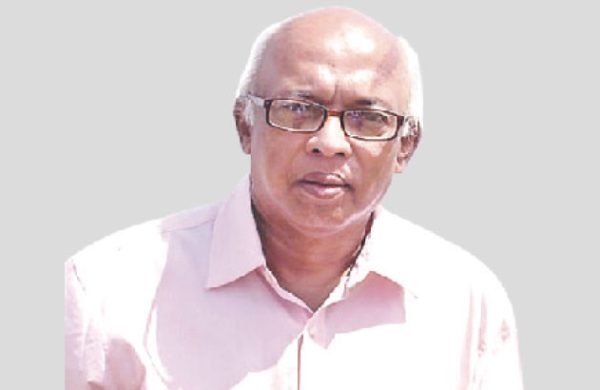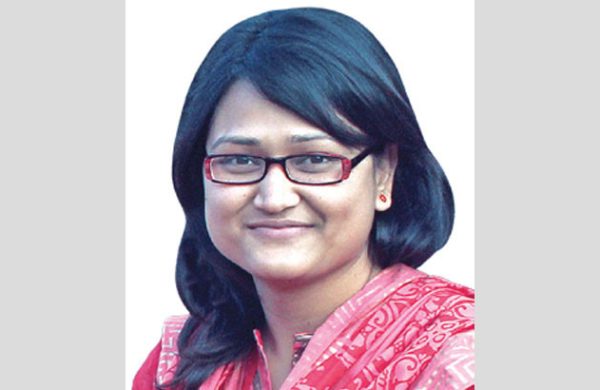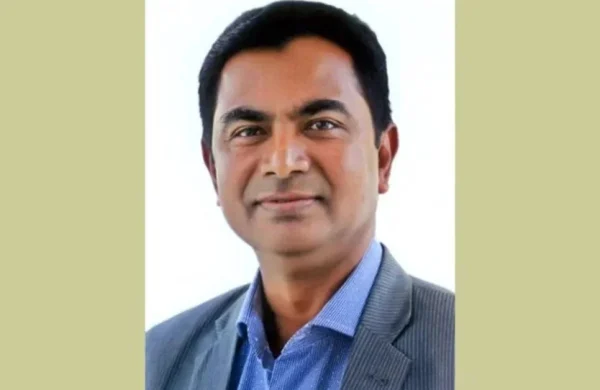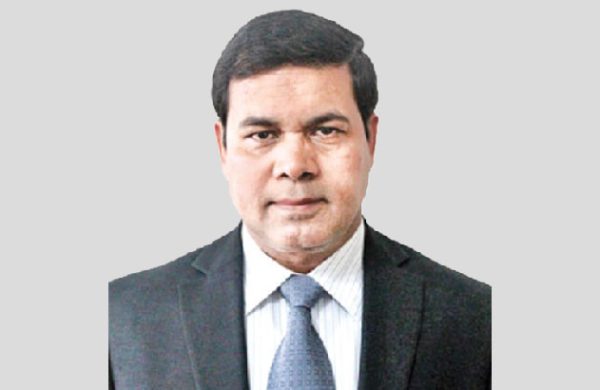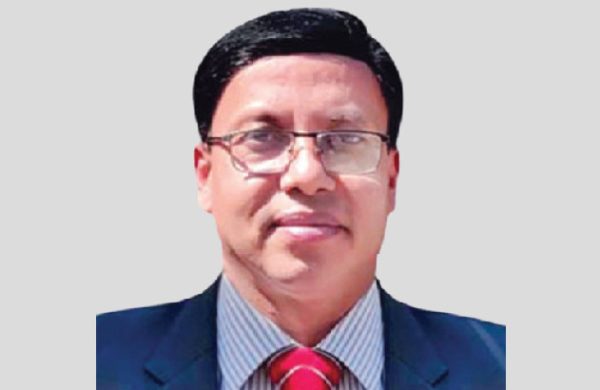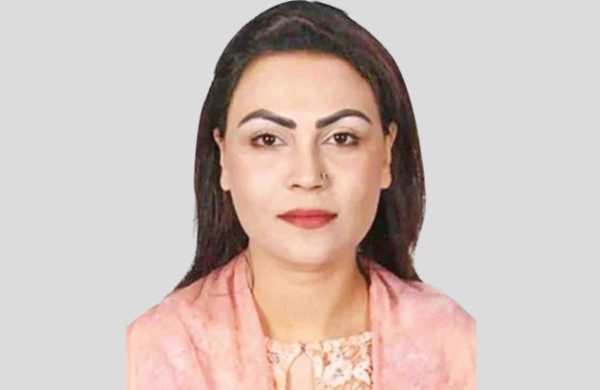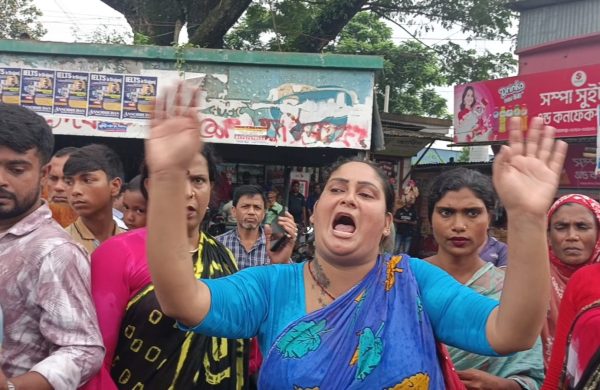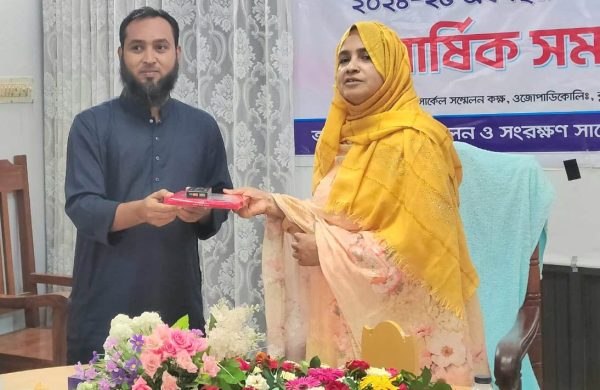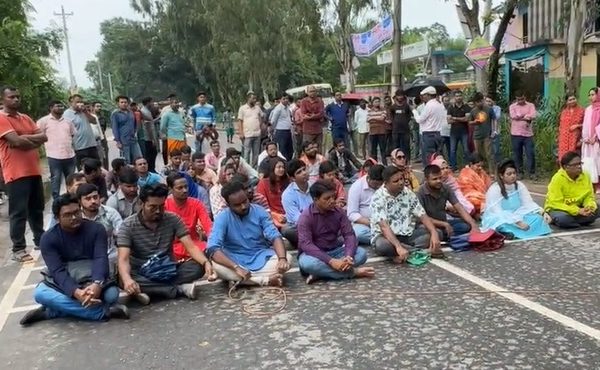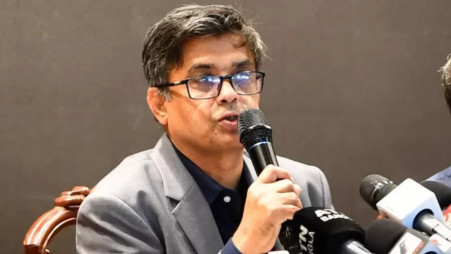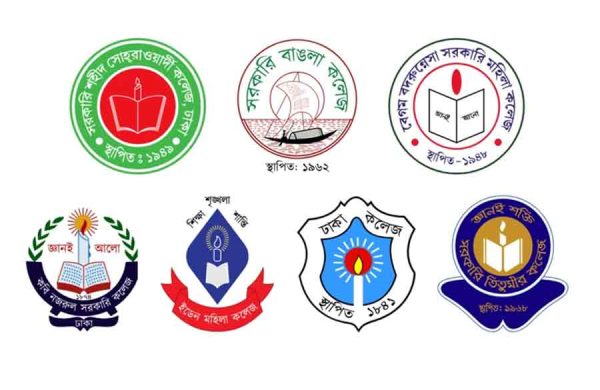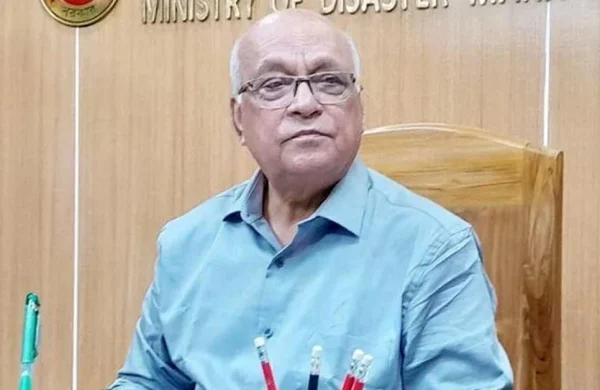Which Should Be the Priority: Reforms or Elections?
- Update Time : Sunday, August 3, 2025
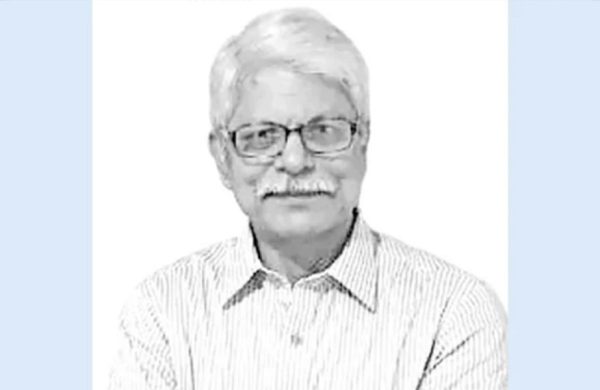
—Anwar Hossain Manju—
Bangladesh’s priorities have not been determined to this day. The politicians the people have relied on have failed to provide any direction in the past and are still failing. Their only priority is to seize power by any means. A year has passed since the country was liberated from former Prime Minister Sheikh Hasina’s tyrannical misrule, which turned the entire nation into an open prison through an unprecedented mass uprising, imposing brutal repression, discrimination, and deprivation. A year is not a short time. Yet, having tasted an unexpected and unimaginable liberation, a section of politicians has become incapable of contributing anything new or beneficial to the nation, except pushing it further into darkness. The fifteen-year-long political vacuum has so deeply rusted the minds of politicians that despite numerous attempts, they have been unable to scrape off that layer of rust. Many of them are behaving irrationally and irresponsibly, as if they are utterly lost.
It’s not just the politicians acting irresponsibly; the interim government led by Chief Advisor Dr. Muhammad Yunus has also shown the same irresponsibility, delaying necessary actions and opening the door to anarchy. They have delayed in every decision and continue to do so. What were their promises and priorities upon taking office? Bringing those responsible for the July massacre to justice, implementing various reforms, and holding national parliamentary elections. In addition, they were to take action against the corrupt, cleanse the administration by removing those responsible for polluting the administration and judiciary during Sheikh Hasina’s fifteen and a half years of rule, and fulfill the spirit of the uprising and public aspirations. Most of these tasks fall under the routine programs of any new government. No new laws are required; administrative decisions would suffice.
However, in the past year, the interim government has failed to take meaningful steps in these areas. By keeping former fascist regime loyalists in key administrative positions, Dr. Yunus’s government has acted like striking an axe on their own feet. To say that a year of national life has been wasted would not be an exaggeration. Since the interim government is not a political government, its primary goal should have been to organize elections as quickly as possible, transfer power to elected representatives, and exit with honor. This was not impossible. Many will recall, or if not, a glance at history will show that in 1970, Pakistan announced a Legal Framework Order (LFO) to conduct its first general elections. Among other things, the LFO stipulated that the elected National Assembly must frame the constitution within 120 working days of its first session. The failure of Pakistan’s National Assembly to function post-election is a different chapter of history. Bangladesh also has a precedent of holding elections within three months under a caretaker government in 1996 and handing over power to a newly formed government. These examples are not mentioned to emphasize that the current interim government has not been entrusted with complex tasks like drafting a constitution, nor are they bound to hold elections within three months. But it is hard for any politically aware person to accept that they couldn’t accomplish anything significant even in a whole year.
After taking office, Dr. Muhammad Yunus’s interim government formed commissions to introduce reforms in various sectors, and these commissions submitted their reports on time. From the beginning, the main political party, Bangladesh Nationalist Party (BNP), has argued that an unelected government has no scope for such reforms. Indeed, they don’t. Such scope would exist only if it were a military or revolutionary government. These types of unconstitutional governments, upon assuming power, suspend or annul the constitution, and their executive head becomes the head of state, issuing decrees on behalf of the government. After forming the non-political interim government on August 8 last year, the constitution was neither annulled nor suspended, and the individual elected by the Awami League’s parliament remains the head of state.
Among the commissions formed by the interim government, the Constitutional Reform Commission and the Electoral Reform Commission have presented proposals to reform the constitution and electoral system. Based on these, the National Consensus Commission has proposed proportional representation and a bicameral parliament. Until now, political parties had been pressuring the government for a swift election. But the National Consensus Commission’s proposals have divided the political parties. Small, fringe parties that have never had a chance to win seats in elections have eagerly embraced the idea because it might allow them to enter parliament without winning competitive elections. For these smaller parties, proportional representation is undoubtedly beneficial. However, why a larger party like Jamaat-e-Islami has suddenly become vocal in favor of this system is baffling to many.
Moreover, how can such fundamental proposals be implemented without including them in the constitution? There is no law superior to the constitution in the country. Amending the existing constitution would require a two-thirds majority in parliament. If no party secures a two-thirds majority in the election, or even by wooing independent or opposition MPs fails to gather such a majority, what will happen to the proportional representation or bicameral parliament proposals?
Is Bangladesh still in an experimental phase of constitutional politics, or is there a guarantee that adding new methods to the constitution will ensure the country never again faces anarchy, disorder, and uncertainty? There is no such guarantee. No political party or charismatic leader has been able to provide such a guarantee, which is why Bangladesh has repeatedly stumbled and witnessed the downfall of so-called charismatic leaders. The country has had to restart from scratch each time. The first constitution of Bangladesh, widely known as the 1972 Constitution, was, apart from some aspects, a replica of India’s constitution. India has successfully governed a diverse population under its 1950 constitution without major fundamental changes for 75 years. In contrast, Bangladesh’s 1972 constitution, designed for a largely monolithic nation, survived less than 2 years and 4 months.
The very architects of the 1972 Constitution, intoxicated with absolute power or their delusions of grandeur, rendered the multiparty democratic system ineffective through the Fourth Amendment and buried the democratic constitution. They replaced it with a one-party BAKSAL (Bangladesh Krishak Sramik Awami League) constitution. Sheikh Mujibur Rahman, then the undisputed leader of Bangladesh, initiated his ‘Second Revolution’ through BAKSAL to establish ‘democratic socialism,’ but this led to grave dangers for himself, his family, and his party, the Awami League. The tragic aftermath of Sheikh Mujibur Rahman’s assassination and his party’s decline is well-known. Those now engaging in new experiments under the guise of reforms have learned nothing from history. Reforms occurred during President Ziaur Rahman’s era and Ershad’s regime; they were at least elected in some form. But none of the interim government’s reformers or proposers of reforms are elected representatives. They are not accountable to anyone. They will exit after fulfilling their token responsibilities, leaving the public to suffer. Historically, no imposed reforms in Bangladesh have been accepted by students, political parties, the public, or professional groups.
Over the past five and a half decades, Bangladesh has held 12 national parliamentary elections, most of which were controversial. The controversy began with the first parliamentary election in 1973, where the Awami League won 293 seats. Subsequently, the elections of 1986, 1988, February 1996, 2008, 2014, 2018, and most recently 2024 have all been deeply controversial. None of these elections were inclusive. Some major party boycotted each election, or the elections were held without voters. Still, voters have a basic understanding of how a candidate’s victory or defeat is determined. Any deviation from this familiar system will raise public suspicion, which anti-reform political factions will exploit to create chaos. Most political parties, especially those who have tasted power, will not miss the opportunity to fish in troubled waters. Hence, the concept of proportional representation and a bicameral parliament must be understood not just by political parties and civil society representatives but also by grassroots people. The interim government does not have the luxury of time. Many have already advised the interim government to think about their “safe exit” strategy. This is an embarrassing situation for the government. Given how the situation is unfolding, it is evident that the longer it delays, the rougher the path will become for the government.
Despite everything, the government’s primary responsibility is to hold a fair and credible national parliamentary election. The sooner the government announces a specific date for the national parliamentary election and arranges for a free and fair election to transfer power to elected representatives, without wasting time under the pretext of reforms, the better it will be for the country.
—————————————————————-
The author is a journalist lives in the US


